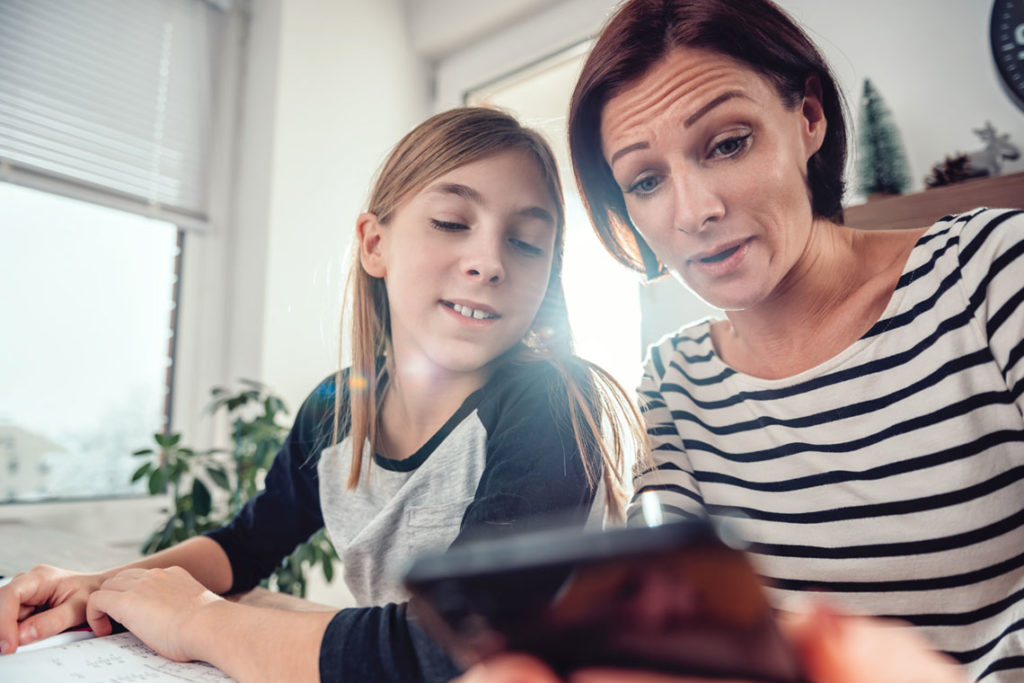
Influencer marketing is one of the most popular ways for brands to advertise on social media.
Whether you’re promoting a film festival, a make-up brand or a restaurant, there is an influencer out there who will be able to reach potential customers.
With reports that 92% of Irish children aged 8-13 own a smart device and have their own social media profiles, it’s safe to assume that they’re seeing and interacting with such influencers.
As a parent or carer, this might cause concern. Many influencers worldwide have been criticised for heavily editing their photos and portraying a beauty ideal that is unrealistic.
There are studies to suggest that seeing influencers present this ideal can cause issues with body image and self-esteem, particularly in young girls.
Parents and carers face a difficult task. You want to be able to give your child independence by letting them follow their favourite celebrities or influencers on social media.
At the same time, you don’t want their self-esteem to be affected by unrealistic beauty standards portrayed by some of these influencers.
So how can you talk to your children about influencers and influencer marketing?
A good place to start is talking to them about regular advertising that you see on the television and hear on the radio. Ask them what they think of the adverts and what they think the function of them is. You’ll be surprised at how astute children are about these things! In Ireland, when an influencer or blogger puts up a post promoting a brand or product, the post must be tagged as such. Posts may be tagged with things like #sponsored, #ad or #gifted to let followers know that the influencer or blogger is being paid to promote the brand or they have received a gift in lieu of payment to promote the brand. This can be a good jumping-off point for you to discuss these posts with your child.Be Curious and Engage
Ask children and young people about who they follow on social media. Do they know what tags such as #sponsored and #ad mean when they see them? Ask them what they like about these influencers and why they enjoy following them. Take a look at their profiles yourself too so you can gain a greater understanding of them. It’s also important to chat about the editing that can be done to these posts, such as the smoothening of facial features. Ensure that your child knows that what they see on these posts may not always be an accurate representation of what someone looks like and that comparing their own features can make them feel bad about themselves. Finally, as always, remind them that you’re there as a non-judgemental person if they want to talk about things that they have seen online that have upset them. An open dialogue is the best way to protect your children online and will help you feel better about giving your children more independence online too!Points to Consider
- Many influencers worldwide have been criticised for heavily editing their photos and portraying a beauty ideal that is unrealistic.
- Heavy editing of photos has been shown to affect the self-esteem and body image of those following influencers.
- In Ireland, when an influencer or blogger puts up a post promoting a brand or product, the post must be tagged with things like #sponsored, #ad or #gifted.
- Chat to your children about who they’re following and why. Remind them that what they see on these posts may not always be an accurate representation of what someone looks like.
